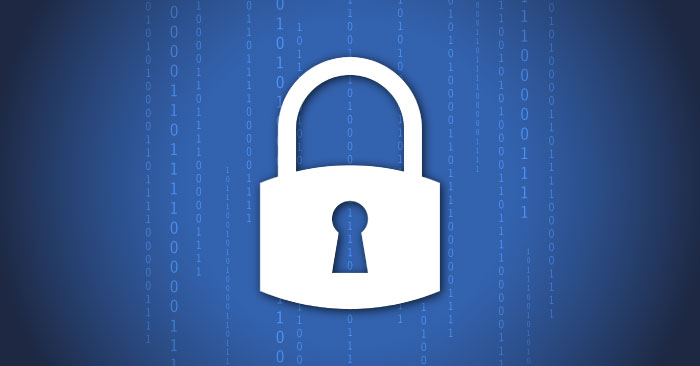Google is buckling down on internet security and pushing to move website owners toward a more secure online presence. With the upcoming release of Chrome version 62, Google will begin labeling websites with a red “Not Secure” warning in the address bar for all HTTP websites without an SSL, or secure sockets layer, beginning Oct. 1, 2017. Although this may seem intimidating, the change is relatively easy and will save your website from potentially being listed as unsafe or deceptive by Google.
An SSL is a standard security technology for reestablishing an encrypted link between web server and browser. This ensures that data passed between the two (e.g., card data or personally identifiable information) remains private and integral. If your website includes a form (e.g., credit card checkout, contact, search bar or login panel), you need to secure your website with an SSL to protect the transfer of sensitive information and avoid Google’s repercussions.
Ready, Set, Secure
There are three ways to get your website ready for this change. First, contact the company hosting your website to get the information you need. Depending on what it offers, the host can help you decide which of the following options are best for you:
Free SSL
Many hosts offer a simple one-click option without additional charges or hassle.
Paid SSL
When it comes to level of encryption, there is no difference between SSL certificates and free ones, but paying for one may offer additional security services such as monitoring, protection, performance improvements, and immediate help for hacked websites.
Self-generated free SSL
This option is for the intermediate to advanced website owner. There are many tutorials available online to help walk you through this process.
sucuri.net/guides/how-to-install-ssl-certificate
Please note that an SSL keeps your visitor’s information secure in transit, but acquiring an SSL does not prevent your website from being hacked. SSL websites are still at risk of being hacked and controlled by attackers.
Make sure to contact your hosting company right away, to avoid being labeled “Not Secure” for customers to see. With an SSL, your website will receive better Google rankings and visually ease your customer’s mind with a green “Secure” approval in the address bar. Be sure to contact your host and get the information you need to secure your website before Oct. 1, 2017.
https://security.googleblog.com/2016/09/moving-towards-more-secure-web.html
https://www.searchenginejournal.com/google-is-requiring-https-for-secure-data-in-chrome/183756/

